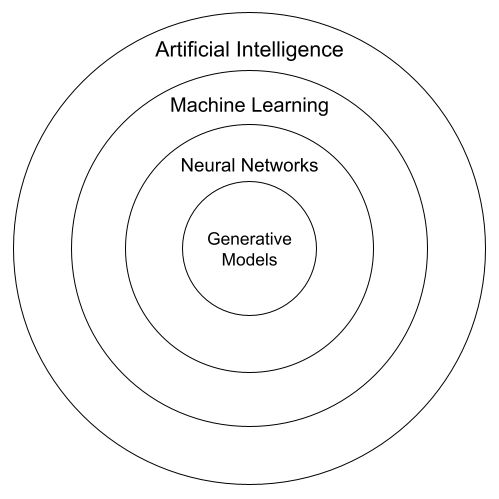- with readers working within the Property industries
- within International Law, Law Department Performance and Consumer Protection topic(s)

Recently, an alarming trend has emerged where inventors are using large language models (LLMs) chatbots (think ChatGPT, Anthropic, Bard, Deepseek, etc) to research their novel invention BEFORE filing a patent or design application. This can be risky for inventors as some models might use prompts to train them, while others have strict privacy policies to protect user data.
We feel that this is too big a risk for inventors to take.
Background
ChatGPT generates answers based on vast datasets. However, these responses can incorporate ideas or wording from other users, which may overlap with an invention. Multiple users asking similar questions might lead to AI-generated responses that resemble the user's own work.
The risk of inadvertently disclosing an invention
By asking ChatGPT about an invention, you could unknowingly disclose ideas that may affect the patent or design rights. LLMs don't distinguish between the inventor's ideas and publicly available knowledge, risking that the invention becomes part of the public domain. This could impact patent or design novelty and lead to some dire consequences.
Consequences
Premature disclosure can result in a patent (or design) filing that is invalid from the outset.
Conclusion
AI tools are powerful but may pose risks for inventors. Consulting with a patent or IP attorney will ensure adequate protection before using these tools. Failing to do so might jeopardise the ability to protect an invention with a patent or design.
The content of this article is intended to provide a general guide to the subject matter. Specialist advice should be sought about your specific circumstances.


